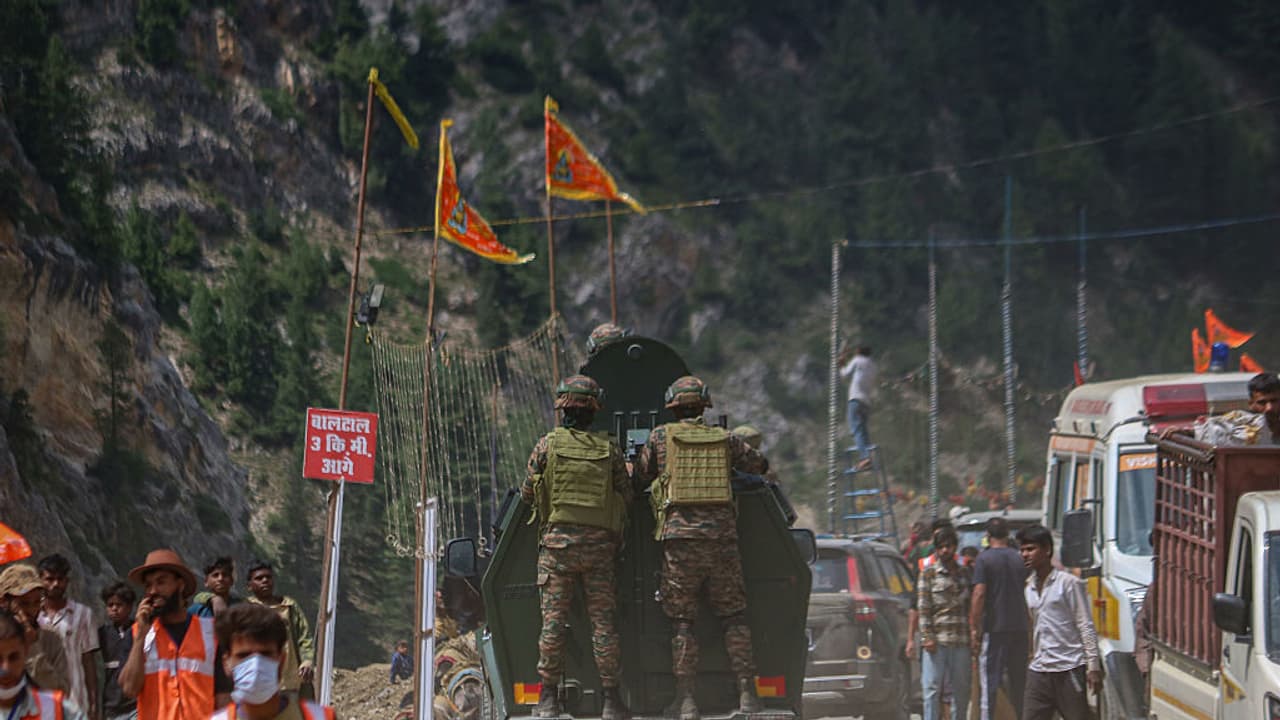The Delhi High Court had upheld the termination, prioritizing military discipline over the officer’s religious freedom. The case now questions the balance between constitutional rights and the military’s need for cohesion and morale,
New Delhi: A petition has been filed in the Supreme Court challenging the termination of a Christian Army officer who declined to perform religious rituals inside a temple’s inner sanctum, raising fundamental questions about the balance between religious freedom and military discipline. The case involves Samuel Kamalesan, a former Lieutenant in the 3rd Cavalry Regiment, whose service was terminated after he respectfully declined a superior’s directive to enter the temple’s sanctum sanctorum and conduct aarti, citing that it conflicted with his monotheistic Christian beliefs. A Bench led by Justice Surya Kant would hear the special leave petition, examining whether constitutional rights to religious freedom must be subordinated to requirements of military cohesion and discipline.
The Delhi High Court had previously supported the Army’s decision in a May ruling, determining that the officer had “kept his religion above a lawful command from his superior,” characterizing his actions as insubordination. The court concluded that his refusal violated fundamental military principles, noting that military operations differ significantly from civilian contexts.
What Did The Officer Argue?
Through his counsel, advocate Abhishek Jebaraj, Kamalesan outlined that his regiment consisted of three squadrons representing Sikh, Jat, and Rajput communities. While the regiment maintained a temple and gurdwara for religious observances, it lacked a multi-faith prayer facility or church. The former officer maintained that he actively participated in weekly religious parades by accompanying his personnel to both the temple and gurdwara, and joined in celebrating various festivals including Deepavali, Navaratri, Lohri, Gurpurab, and Holi with his troops.
“My only request was for exemption from entering the innermost sanctum during specific rituals, as an expression of his Christian convictions and out of respect for his troops’ religious sentiments,” the petition said. He emphasized that he remained present in the temple courtyard during these ceremonies, observing proper protocols such as removing footwear and headgear as required, maintaining visibility of the inner shrine rituals while standing with his unit.
Before the High Court, Kamalesan argued that his connection with fellow soldiers was built on “mutual respect, allegiance to the same Flag and Nation, and on the basis of their Indianness, shared meals, exercises, sleeping quarters, and assignments. The creation of fraternity is not restricted to religious parades and activities.” He alleged that certain senior officers repeatedly pressed him to “choose between his faith and serving the Army,” ultimately leading to his termination notice in March 2021.
The Central government, however, contended before the High Court that devotional practices centered on specific deities serve as sources of motivation and pride for troops, generating their battle cries. An officer’s separation from these practices, the government argued, could negatively impact troop morale and weaken regimental unity, cohesion, and effectiveness during military operations.
